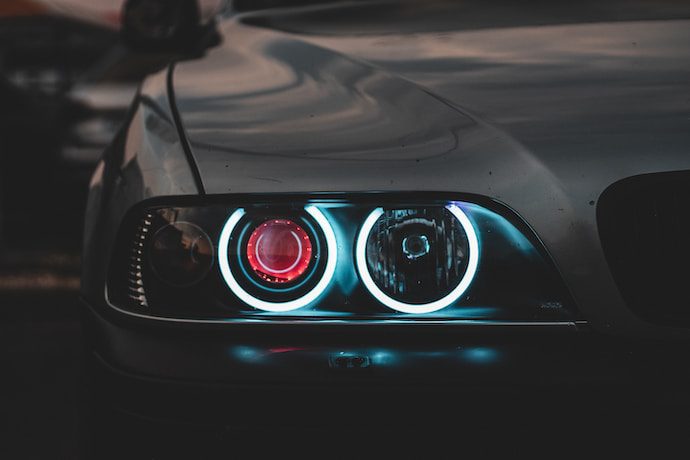
Which diesel BMW model is the most dependable?
BMW’s engine reliability is a topic that can lead to heated debates. However, when it comes to their diesel lineup, one particular engine stands out for its robustness and reliability, the M57.
The M57, an inline-6 turbo-diesel, is one of the most impressive powerplants produced by BMW and the most reliable diesel made by the Bavarians. It is the powerplants of cars such as the E90 335d.
Why is the M57 so reliable?
The BMW M57 is highly reliable for several reasons. Its inline-6 configuration is one that BMW has mastered over decades, resulting in a strong and long-lasting rotating assembly.
This engine block is also strong and even overbuilt. It has proven to be so robust that with aftermarket tuning you can nearly double the factory torque numbers.
Another important reason why the M57 is reliable is that its emissions system is less complex than in newer diesel engines, reducing the potential for emission system-related failures.
Does the M57 have any issues?
Despite its high reliability, the M57 isn’t entirely problem-free. While it doesn’t have major problems, the M57 has some common issues that you may experience at higher mileage.
Most of these issues revolve around emission control systems and oil leaks around engine components.
EGR Issues & Clogged DPF: The M57’s most problematic areas are its Exhaust Gas Recirculation (EGR) system and the Diesel Particulate Filter (DPF). A malfunctioning EGR can cause a plethora of engine issues, ranging from poor engine performance to reduced fuel economy. A clogged DPF can result in excessive back pressure, potentially damaging your turbo over time.
Turbo Oil Line Leak: Turbo oil feed lines are another common issue on the M57. Due to excessive heat and heat cycles, the oil return lines from the turbo can develop leaks. Apart from making a mess in your engine bay, you may experience an oil-burning smell in the cabin.
Bad Thermostat: While the M57 doesn’t suffer from any major cooling system issues, the thermostat can fail prematurely. A failed thermostat can result in an overheated engine or inability to reach full operating temperature.
Bad Harmonic Balancer: The harmonic balancer can wear out and fail to drive the accessory belt effectively. While this isn’t a widespread issue, it would be a good idea to check on the harmonic balancer when nearing 100,000 miles.
BMWs equipped with the M57
The M57 engine has been used by BMW in a wide range of cars and SUVs in their lineup. Some notable models include:
- E90 335d 3 Series
- E60 535d 5 Series
- E46 330d 3 Series
- E39 330d 5 Series
- E83 X3 3.0d
- E53 X5 3.0d
- E70 X5 xDrive30d
Photo by Max van Egmond
If you’re considering a BMW diesel for your next car, there are many options powered by M57. The E90 335d is a potent and agile cruiser while the X5 30d is a practical hauler that can tow impressive payloads aided by the M57’s high torque.
Other reliable Diesel BMWs
While the M57 holds the crown as the most reliable BMW diesel engine, the B47, and B57 are also noteworthy.
These engines are part of BMW’s modular engine family and offer improvements in efficiency, emissions, and power compared to the M57, with no known major issues so far. However, these engines feature complex emissions systems, and their true long-term reliability is yet to be determined.
It’s important to note that the emission system in these newer diesels is highly complex and their true long-term reliability is yet to be known.
A true diesel workhorse
The BMW M57 is a virtually bulletproof engine and the most reliable BMW diesel. With a strong inline-6 engine block, a relatively simple design, and a simple emissions system, it offers a balance of performance and reliability that is hard to match by newer diesels.
Nevertheless, the M57 engine is not exempt from issues. Its emission control systems, in particular, may require frequent maintenance, and potential oil leaks should not be overlooked. Despite these issues, the M57 engine can serve you as a reliable workhorse for hundreds of thousands of miles.
